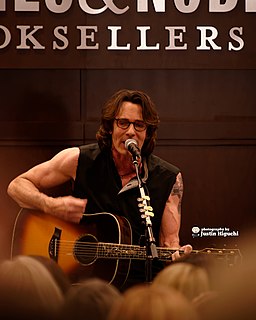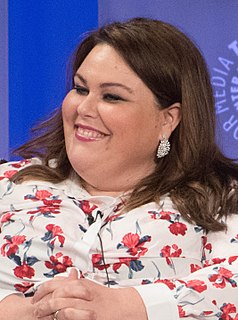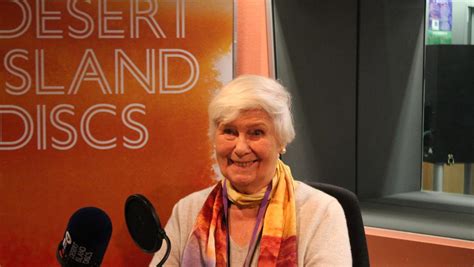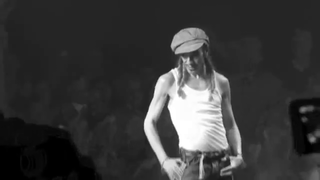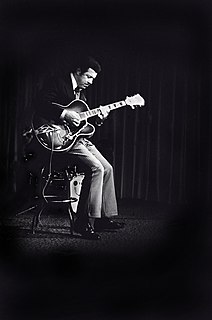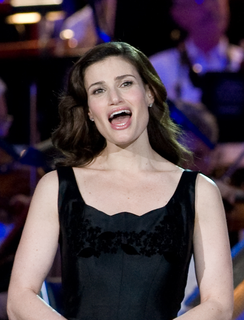A Quote by Rick Springfield
I'd say that after my father passed my writing changed, it went deeper. Most would say 'matured' but I don't think I'd use that word in relation to my progress. I think 'change' is a little more accurate.
Related Quotes
I don't change the language for children books. I don't make the language simpler. I use words that they might have to look up in the dictionary. The books are shorter, but there's just not that much difference other than that to be honest. And the funny thing is, I have adult writer friends [to whom I would say], "Would you think of writing a children's book?" and they go, "No, God, I wouldn't know how." They're quite intimidated by the concept of it. And when I say to children's books writers, would they write an adult book, they say no because they think they're too good for it.
I do think they [French] view my writing itself as exotic - though that's probably not the best term for it - to a small extent, mainly because I say things that most French writers would probably hesitate to say for fear of offending someone or upsetting public sensibilities. I don't think that answers the question, but I'm not much good at figuring readers out or I would probably be writing bestsellers.
I guess most of us would rather not discuss cancer because we are all afraid we might be told we have it. It's hard for people to even say the word, and that's the first obstacle you have to overcome when you are diagnosed with the disease. I think once you understand a little more about it ... I don't mean it gets any easier ... but I think you give it more in-depth thought about how you're going to deal with it.
When you are writing a spoken word poem, the tools you're working with are your voice, your body, how it's going to sound to someone when you're saying it out loud. Which is different from when you're writing it on the page. That toolbox becomes how does this look visually on the page, how does this read among pages, how is this in relation to poems that are before it or after it. I don't think one is better or more successful than the other. You've just gotta think about "what are the tools I'm using, and how are they most effective in this form?"
In the early days I was incredibly creative and productive - I loved the research trips, I loved the creation and finding technical solutions to creative challenges. I didn't need alcohol and the pills for that. What changed was, I was afraid to say no - that little word, N.O. Because I thought it showed weakness. And with more and more success I would just say yes. And keep on taking more work on - which took its toll.
I think my original inspiration came from just natural curiosity about science and math and biology. In particular, I would say that, as I matured, it became more a feeling of trying to avoid the waste that occurs in the world where we have 6.5 billion minds. If you're a computer scientist, you can think of them as supercomputers.
I actually think that my films are intellectual. I think almost everything I do is intellectual, but I would never say that, because that's a compliment. That's up to others to say about me. The same way, I would never say I do art. I think art is up to history. It's up to other people to utter that word. So I try to be humble.
'Black' is an adjective, in my book, and the way I use it, sometimes I'll say 'black people.' But if I'm talking about a person, I'm going to say 'a Negro,' because I was taught to say that, and I don't see any reason to change it. I don't think that gives pride or anything else. I don't think you get pride by calling yourself this or that.
